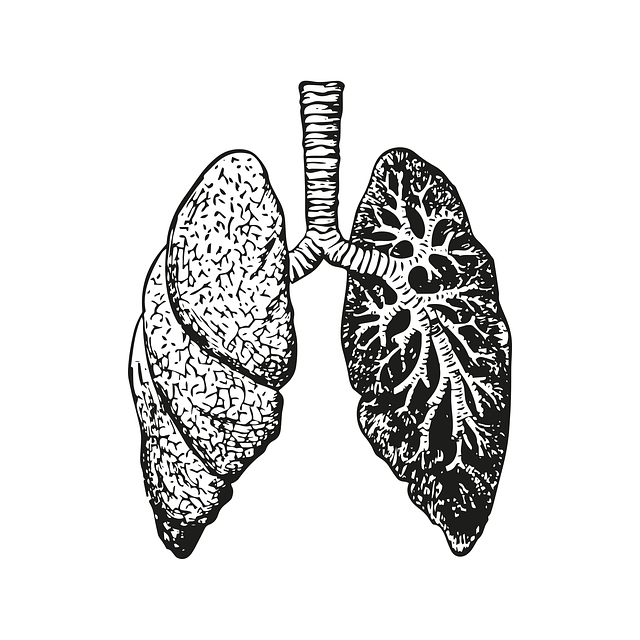Oregon's civil commitment process involves rigorous evaluations by mental health professionals to determine eligibility, balancing public safety and individual rights. Understanding court procedures, initiated by concerns from loved ones or professionals, leads to legal commitments based on evaluator findings. Post-sentence, a support phase offers case management, housing, employment, and mental health resources for successful reintegration into the community while emphasizing understanding the commitment process.
In Oregon, civil commitment involves a complex understanding and navigation of legal procedures. This article delves into the intricate phases of this process, starting with assessment and evaluation—uncovering the criteria for initial commitment. It then explores court proceedings, guiding readers through the legal commitments. Subsequently, it highlights support and release, focusing on reintegration strategies within the community. By understanding the commitment process, individuals can better prepare for each stage, emphasizing a crucial aspect of personal growth and societal reentry.
- Assessment and Evaluation: Understanding Initial Commitment Criteria
- Court Proceedings: Navigating Legal Commitment Pathways
- Support and Release: Phases of Reintegration into Community
Assessment and Evaluation: Understanding Initial Commitment Criteria

The initial phase of civil commitment in Oregon involves a thorough assessment and evaluation process. This critical step ensures that individuals seeking commitment meet specific criteria set by the state. Professionals, including psychiatrists and psychologists, conduct comprehensive evaluations to gauge mental health status, diagnosis, and the individual’s ability to care for themselves. The assessment considers factors like risk to self or others, the presence of severe mental illness, and the need for structured support.
Understanding the commitment process is vital for those involved and their families. It requires a careful balance between protecting public safety and respecting individual autonomy. By adhering to these criteria, Oregon ensures that civil commitment serves as an appropriate and beneficial intervention for those in need, facilitating access to specialized care and treatment while maintaining fairness and transparency throughout the process.
Court Proceedings: Navigating Legal Commitment Pathways

Navigating the legal commitment pathways in Oregon involves a complex series of court proceedings that can be challenging for individuals and their families to understand. The state has established a structured process designed to ensure fairness and due process while determining the appropriate level of care for those deemed unable to take care of themselves or pose a danger to others.
This journey begins with an initial assessment, often prompted by concerns raised by loved ones, healthcare professionals, or law enforcement. From there, individuals may be referred to a court-appointed evaluator who conducts a comprehensive evaluation to assess their mental health status, decision-making capabilities, and potential risks. These findings inform the subsequent legal proceedings, guiding judges in making informed decisions about civil commitment, ensuring a balanced approach that respects individual rights while prioritizing public safety.
Support and Release: Phases of Reintegration into Community

After serving their sentence, individuals in Oregon’s civil commitment system enter a crucial phase: support and release, aiming for successful reintegration into the community. This period involves various services designed to help individuals transition smoothly back into society, understanding the commitment process and its implications along the way.
Case management plays a vital role here, providing guidance and assistance with housing, employment, and mental health support. These services ensure individuals have the necessary tools to thrive independently. The goal is to foster self-sufficiency and prevent future commitments by offering ongoing support and resources tailored to each individual’s unique needs.






